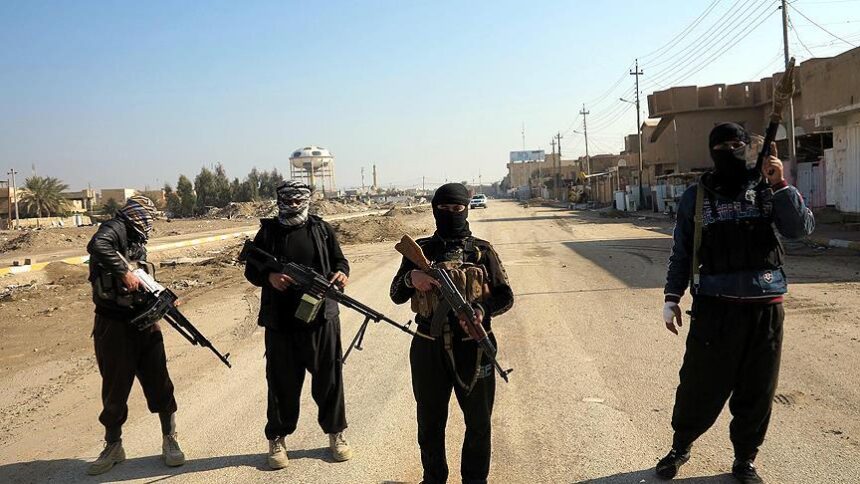According to Niger’s Defence Ministry, on Friday, Islamist militants attacked a mosque in southwest Niger, claiming the lives of at least 44 civilians and severely injuring 13 others.
The attack took place during afternoon prayers in the village of Fombita in the rural commune of Kokorou, near the tri-border region of Niger, Burkina Faso and Mali, recognized as the epicenter of a jihadist rebellion in West Africa linked to al-Qaeda and the Islamic State.
In a statement released on Friday, the defense ministry blamed the attack on the EIGS group, an Islamic State affiliate.
According to the statement, heavily armed jihadists surrounded a mosque, where people had gathered for prayers during the Muslim holy month of Ramadan, and carried out a “massacre of rare cruelty.”
The ministry stated that the attackers then set the market and houses ablaze before retreating.
Troops sent to the scene provided a provisional death toll of 44 civilians, with 13 severely injured. Three days have been declared as national mourning.
Following a 2012 Tuareg rebellion, Islamist militants captured a territory in north Mali, sparking the start of the rebellion in West Africa’s Sahel region.
Since then, it has spread into neighboring Niger and Burkina Faso, and more recently, it has reached northern West African nations like Ghana and Togo.
As militant groups expanded, they have attacked towns, villages, military and police posts, and army convoys, killing hundreds of thousands and uprooting millions.
Between 2020 and 2023, two coups in Mali, two in Burkina Faso, and one in Niger were caused in part by governments’ inability to restore security.














